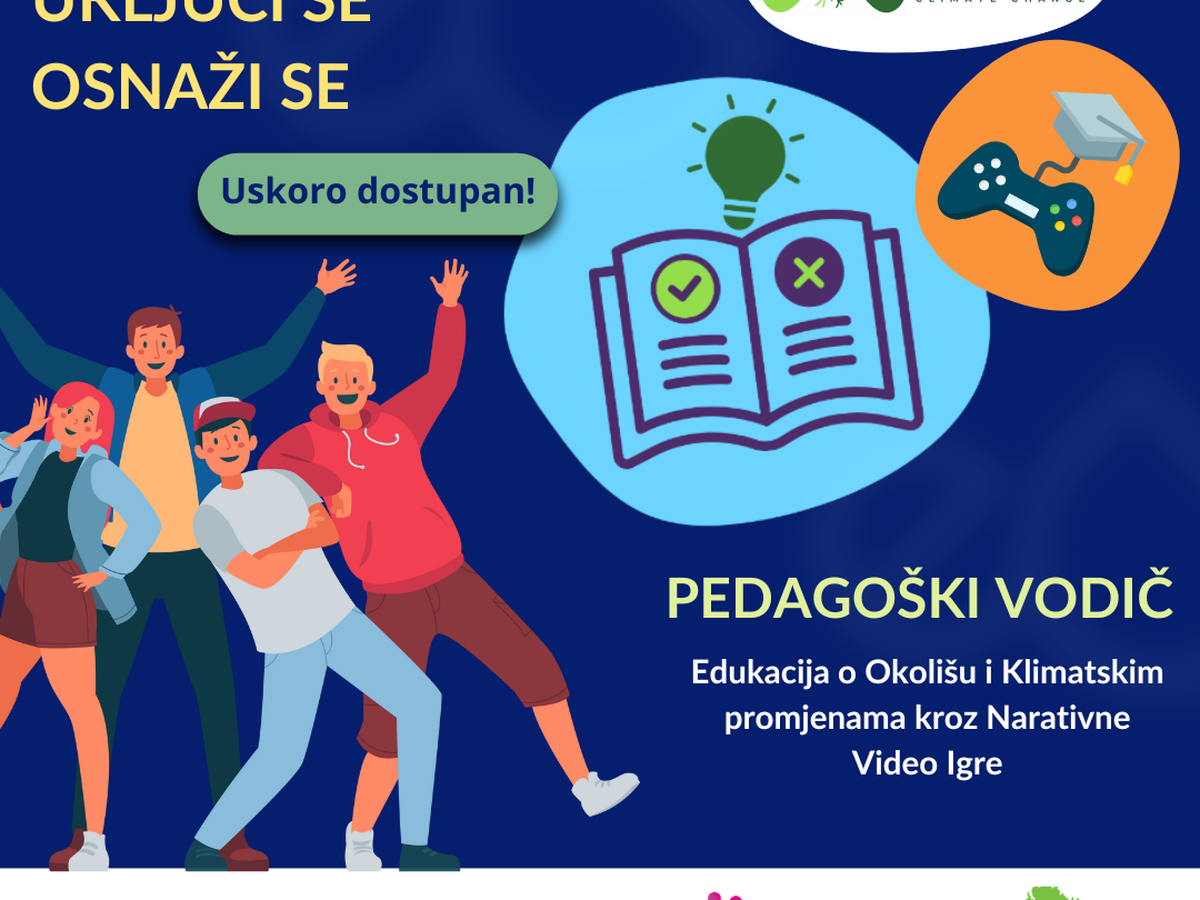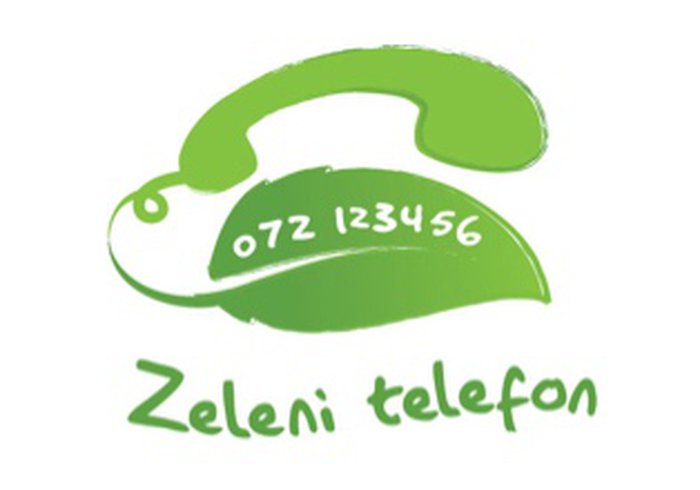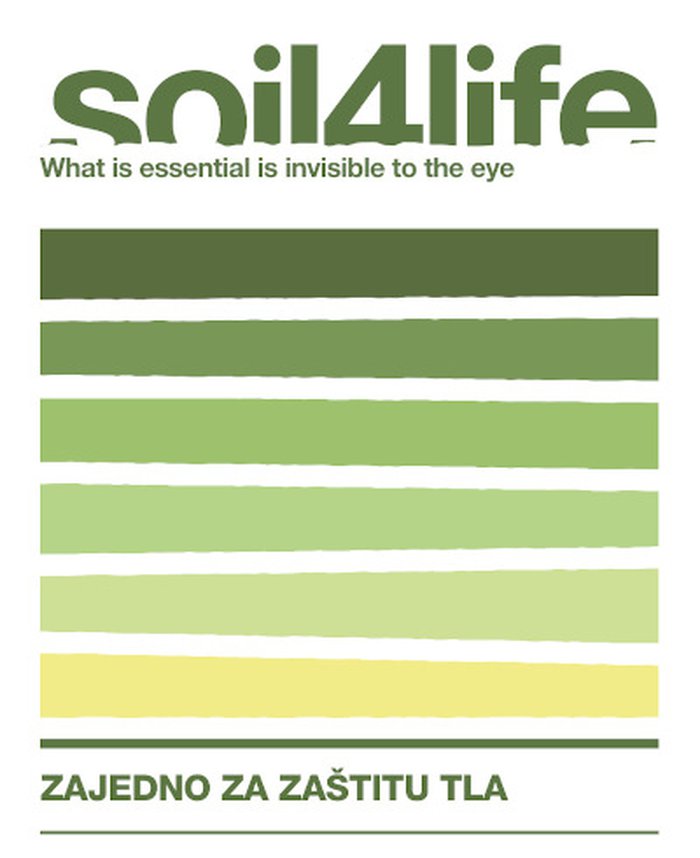As part of the ERASMUS+ program, the Eco Quest project has been launched with the aim of enhancing education on climate change and sustainable development. This project develops an innovative narrative video game that educates youth about EU's green policies and ways they can actively participate in the green transition. Through interactive and engaging gameplay, the game integrates educational methods with important themes such as environmental protection, ecological action, and sustainability.
One of the key outcomes of the project is a pedagogical guide intended for teachers, trainers, and anyone working with youth. This guide helps understand the valuable connection between green education, learning through games, and video games as educational tools. It will provide practical guidelines on how to use the narrative video game in educational contexts, facilitating the transfer of knowledge about climate change in a way that is fun, inclusive, and tailored to the digital generation.
The Eco Quest project addresses challenges in modern education by integrating gamification into ecological themes. While many games were not originally conceived as educational resources, this project aims to harness the power of video games in education while overcoming barriers to digital literacy. Through supportive educational activities, the goal is to ensure that youth not only acquire knowledge about climate change but also practical tools for actively participating in shaping a sustainable future.
Project Lead: Európsky Dialóg– European Dialogue (Trnava, Slovakia)
Project Partners:
- SCS LogoPsyCom (Mons, Belgium)
- YuzuPulse (Tourcoing, France)
- Association Green Istria (Pula, Croatia)
Funded by the European Union. The views expressed are the author's alone and do not necessarily reflect those of the European Union or the Education, Audiovisual and Culture Executive Agency (EACEA). Neither the European Union nor EACEA can be held responsible for them.



